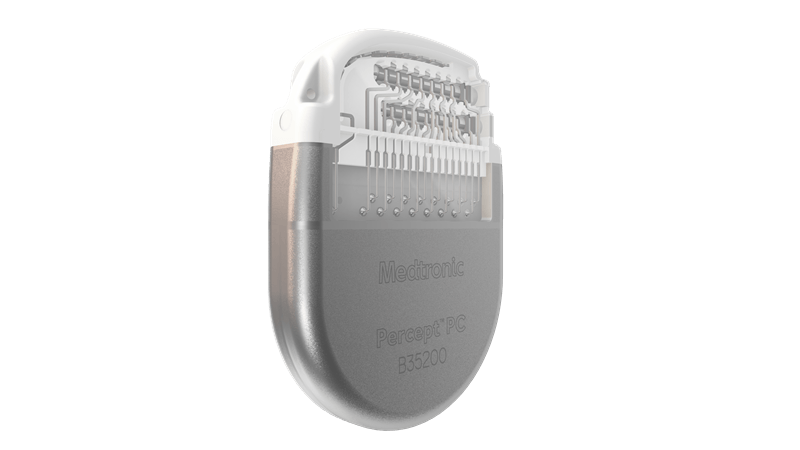
Medtronic has received the CE Mark approval for its Percept PC neurostimulator with BrainSense technology, for delivering therapy to patients with neurologic disorders.
The Percept PC neurostimulator is claimed to be the only Deep Brain Stimulation (DBS) system commercially available in the European Union (EU) to offer BrainSense technology.
Medtronic Brain Modulation business vice president and general manager Mike Daly said: “With the Percept PC device with BrainSense technology, Medtronic is truly reinventing DBS therapy, propelling it into a new frontier and empowering clinicians with new options to bring the future of DBS to patients today.
“Doctors can directly assess patients’ brain signals to inform and provide customized treatment for each patient. Patients are empowered to take an active role in their therapy, and physicians can deliver data-driven, personalized therapy that fits the needs of today’s patients, now and in the future.”
BrainSense technology is said to detect and record brain signals, while delivering therapy for neurologic disorders like Parkinson’s disease. It would also help physicians in providing personalised, data-driven neurostimulation treatment.
The technology facilitates the tracking of patient-specific brain signals and comparing them with patient-recorded events, including symptoms or side-effects related to the disease or medications.
Features of Percept PC DBS system
Apart from BrainSense technology, the Percept PC DBS system also has several advanced features, including MR conditional labelling, facilitating 3T and 1.5T full-body MRI scans, enhanced battery performance compared to Activa PC neurostimulator, and ergonomic design for patient comfort.
The low pulse width for expanded stimulation options, enhanced patient programmer with Samsung mobile device to manage therapy, and feasibility for software upgrades in future, are the additional features in the system.
Medtronic’s Percept PC neurostimulator is approved in the EU for symptoms related to Parkinson’s disease (PD), essential tremor, primary dystonia as well as epilepsy and obsessive-compulsive disorder (OCD).
The device is currently being reviewed by the US Food and Drug Administration.






